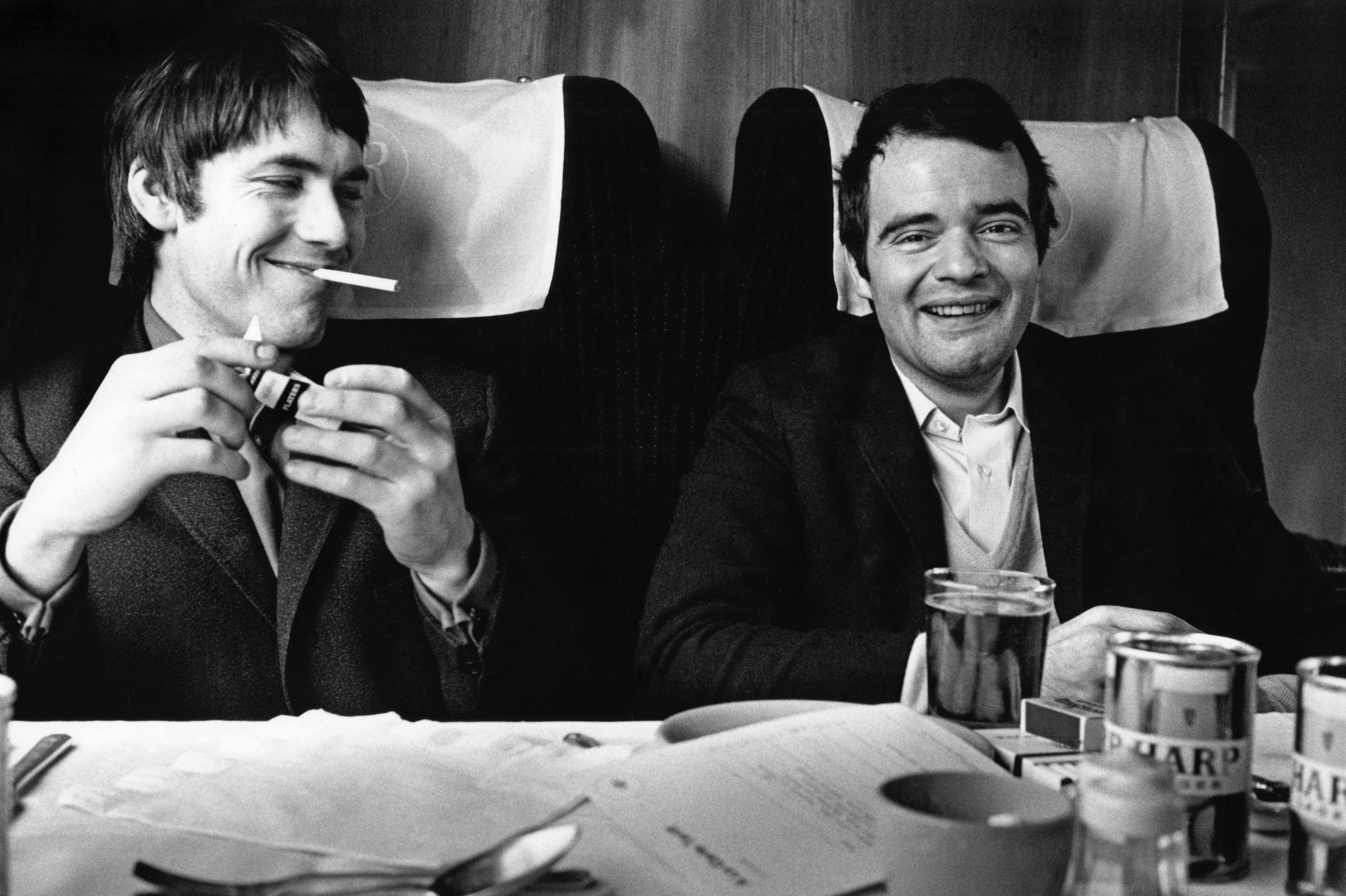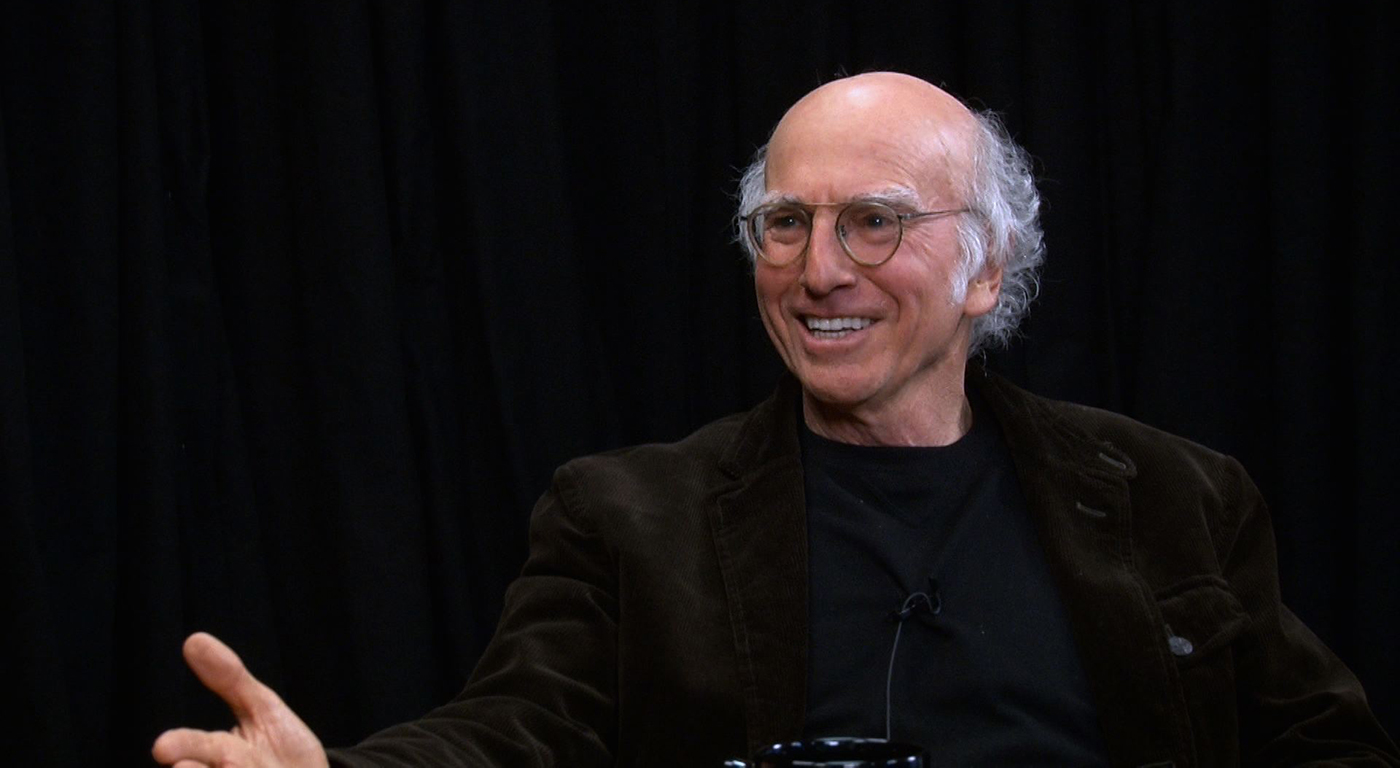BERNARDO BERTOLUCCI’S early reputation was built on elegant, cinematically complex explorations of obsessive love and self-destructive passion, often against a backdrop of political conflict, but over the years that reputation has been supplanted by the epic sweep and lush, voluptuous, color-drenched imagery that reached its peak in The Last Emperor. After the slight but storybook-gorgeous slice of fairy-tale sweetness of Little Buddha and the misguided mix of first-love naivete and peekaboo flashes of pretty young flesh of Stealing Beauty, the oblique Besieged is a return to earlier concerns in an austere, stripped-down style.
Besieged
directed by Bernardo Bertolucci
opens June 11 at Seven Gables,
Uptown, others
Shandurai (Thandie Newton), a nurse at an African children’s hospital, flees her repressive country when her husband is brutally arrested and jailed. Jump to Rome, where she’s landed as a maid for the reclusive Mr. Kinsky (David Thewlis) while attending medical school. He rattles around his spacious villa playing piano and giving lessons to kids. They couldn’t be more different, the fidgety English aesthete, absorbed in classical music, who never ventures from his home, and the earthy African woman bopping to Afro-pop while trying to build a new life in a new country. Not a word is spoken as she warily dusts and cleans and he moons over her like an adolescent, until he finally blurts out a stammering thanks for mending his trousers. Soon he’s sending her flowers and jewelry through the dumbwaiter she uses as a closet—behavior that she views as an invasion of her space and an intrusion into her life. “I’ll do anything for you,” he promises. She spits back, “Get my husband out of jail!”
Kinsky, unaware she was married, is taken aback by her outburst. He starts going out of his villa on errands, and Shandurai returns home to find paintings and furniture missing on an almost daily basis, soon leaving his home an empty shell—to what purpose she can only guess . . . and hope. Even so, scarcely a word is spoken between them, yet their relationship changes as his lovesick stares are replaced by a sense of purpose and an ease in her company, while her wary distance gives way to respect and love.
TAKEN OUT OF the context of the film, the story seems simple, almost slight, and at times Besieged threatens to collapse in on itself. The African scenes, though powerful and striking, are more generic than specific, and they remain little more than exposition. Unnecessary attempts to open up Shandurai’s life outside the apartment only fight the cloistered atmosphere there. But Bertolucci hasn’t shown this kind of cinematic control in years, and he turns the raw images and narrative suggestion into a powerful chamber piece of quiet intimacy and emotional power.
Besieged was planned as a short TV film, which may account for some of the padding. It also may explain Bertolucci’s initial decision to eschew his customary dense visual style for such a stark look. The controlled dollies and cranes of his previous films are replaced with a peering, probing handheld camera and a staccato, abrupt editing pace. Combined with a soundtrack of heavy silences and contrasting music—his European classical piano playing, her bouncy, upbeat cassette tapes—he creates an awkward but intense intimacy, a film raw and delicate. Whatever the reason for this abrupt change in style, Bertolucci’s passion is back. But in place of doomed sexual obsession are the reflective ruminations of an aging artist who has stripped away his baroque style for the sake of pure, intense, complex emotion.






